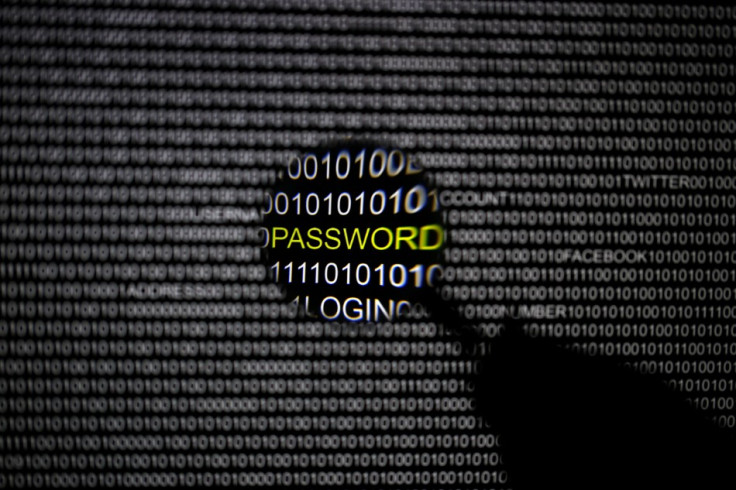The Enemy Within: Cyber-Theft Expert Warns of Growing "Insider" Threat
Hackers are using employees within businesses to gain access to intellectual property and trade secrets, a cyber-security expert tells IBTimes UK.

The Government Communications Headquarters (GCHQ) recently warned that more than 70 cyber-attacks against British businesses were occurring every month, with foreign hackers looking to steal documents that could give them a leading edge over competitors.
"State sponsored" hackers are gaining access to design documents, GCHQ said, which are then being used by rival businesses to reverse engineer products.
"People are going after intellectual property and then seeking to translate it into national gain," explained GCHQ director Sir Ian Lobban.
However, as well as the threat from external hackers, Mohan Koo, managing director of cyber-security firm Dtex Systems, says businesses need to protect themselves from "insiders" - employees who have been manipulated or coerced into granting access to information:
"Investigations that we have conducted for UK businesses in the past six months certainly support the comments made by Sir Iain Lobban," Koo told IBTimes UK. "Cyber espionage within UK businesses is rife. One interesting fact is that while businesses have started building stronger defences against outsider attacks, they still seem to be neglecting the threat from insiders who are able to gain access to sensitive trade secrets with considerably more ease than an outsider.
"The focus for the past 10 years has been protecting the perimeter - it hasn't been around protecting ourselves from the inside. Since the perimeter has gotten tougher, the easy way to attack now is from the inside. Individuals are being coerced into doing things for outside criminal organisations. Economic pressures and current salaries have also contributed to the insider threat increasing."
Koo said that, despite concern around the threat of cyber-thieves gaining access from the outside, it's in instances where an insider is involved that are the most damaging:
"One company we worked with, a competitor was able to get access to their entire AutoCAD [computer aided design] directory and out of that came the files that had been created by all their engineers around the world over 18 months. You can imagine how much something like that is worth to a competitor if they can take those designs and redesign those products.
"It's cases where an insider is working in collusion with outsiders to steal trade secrets where the commercial impact is most damaging. In some cases it's enough for a competitor to gain an irrecoverable market gain over the victim, particularly if the competitor is foreign with access to less expensive resources to reverse engineer the products or services."
However, Koo said it wasn't merely a case of foreign countries targeting UK and US business. As the GCHQ and National Security Agency (NSA) face accusations of spying on domestic citizens as part of the Prism initiative, Koo said that both countries are involved in the cyber-theft of business secrets:
"If you look at comments over the last couple of days, they allude to the fact that, more or less, we all do it - we're all spying on each other. If you're talking about state sponsored attacks, GCHQ has been accused; the US has been accused; China's always up there; Russia's always up there. Which countries AREN'T doing it is more to the point. Any government that's got the resources to do it will be doing it."
© Copyright IBTimes 2025. All rights reserved.





















